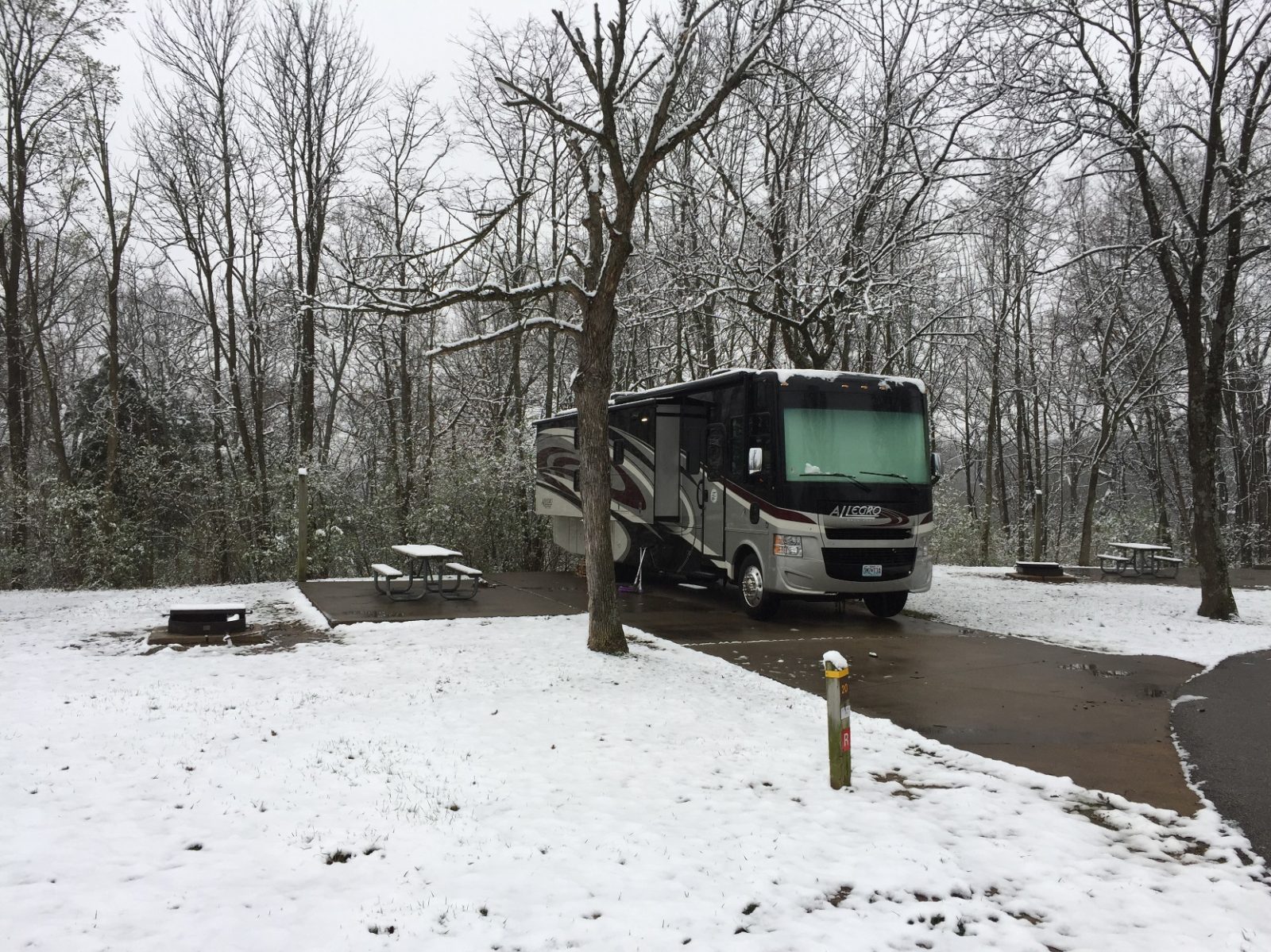If winter has you feeling all cooped up, a road trip might be just what you need to loosen things up again. Here are easy steps you can take to winter-proof your RV and make that trip more palatable.
A winter road trip is a fantastic way to unwind during the holiday season. Unfortunately, no winter road comes without winter weather. When conditions get poor, you need to know that your RV is winter-proof and ready to keep on rolling. Nobody relishes being stranded roadside with an RV which skidded off on the wrong tires. Fortunately winterizing your RV is not a challenging task. All you need is a little spare cash, your free time, and the determination to make your off-season road trip an enormous success.
The Simple Steps To Take To Winterize Your RV
Make sure your camper vehicle is suitable for all winter weathers with these simple tips. All road trips should start with safety but especially so in the winter weather. Take care of these factors to ensure better driving, despite adverse road conditions.
Bring in Heating
Although your RV should have its own heating system, it never hurts to add a little extra in deep winter conditions. You can winterize your RV with the addition of a small fan or storage heater. These will keep that living space above freezing even on the coldest nights. It might be the difference between the pipes freezing and having that fresh cup of coffee in the morning.
Check your Spare
Each RV ought to come with a spare tire on the back. Ensure you have fully inflated it and doesn’t have any cracks or damage to the tire surface. It should have over 1.6mm of tread depth throughout the entire surface of the tire to be roadworthy. Standard practice for US vehicles is to have a whole new wheel stowed somewhere on board. This wheel is suitable for a minimum of fifty miles of driving, which ought to be enough to get you to a garage for a replacement. Check with your vehicle manufacturer to find out more about your spare wheel. It ought to be in your vehicle handbook.
Consider a Winter Tire
Winter tires are even better if you can afford to buy that second set. Replacing your normal tires with winter tires allows you better control and grip in the snow. Having two sets of tires has other advantages, too. If you only use each set of tires for half the year, you run both sets down slower. If you don’t want to change your tires every time you see the snow coming, you may invest in snow chains for those wheels, instead.
Add Insulation
Keeping the wet bay above the temperatures it will freeze at helps to stop everything seizing up in the van. To do this, insulating all your vents will help. Remember to insulate on the inside and the outside of the vents. Insulating the windows by adding reflective window covers can also help with this.
Don’t Idle Too Long
Lastly, try not to idle in one spot for too long. In the wintriest conditions, your RV will ice up and parts will freeze. Running the engine or moving on can help prevent you becoming frozen in one spot for the duration of your road trip.







